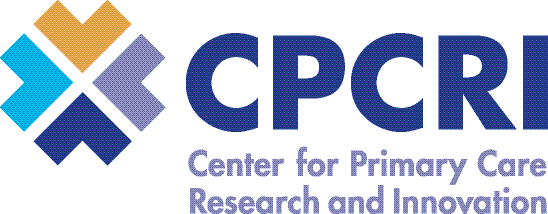Climate Change Multidisciplinary Education
Climate change and health curricula have been written within various primary care departments at OHSU and for the schools of medicine, public health, nutrition, nursing, environmental science, and dentistry. The OHSU Primary Care Climate Change and Health Program is focusing initial efforts on climate change and health curricula with the goal of implementing transitional adaptation for healthcare workers in training.
Sample Courses and Curricula
Elective Course Title: Climate Change and Human Health, Interprofessional Education Course
Summary: Annual interdisciplinary elective (10-weeks) available to medical, dental, and nursing students. The syllabus includes topics such as planetary health, healthcare ecological footprint, food systems, and vector and water-borne diseases (including water security and how severe weather events can threaten water security).
Course Director: Joseph Needoba, PhD, Associate Professor, OHSU-PSU School of Public Health
Participating Faculty and Staff Instructors:
- Alex Domingo, MD, Assistant Professor, Department of Family Medicine
- Nicholas Gideonse, MD, Associate Professor of Family Medicine, School of Medicine
- Joanna Hatfield, MD, Associate Professor of Ob/GYN, OHSU School of Medicine
- Kristy Ivicek Lanciotti, MN, RN, CPN, Assistant Professor of Clinical Nursing, OHSU School of Nursing
- Ben Liu MD, Assistant Professor, Consultation-Liaison Psychiatry
- Sara Mitenbuler, DNP, FNP. Assistant Professor, School of Nursing
- Tawnya Peterson, PhD, Assistant Professor, OHSU-PSU School of Public Health
- Diane Stadler, PhD, RD, Professor, OHSU School of Medicine
- Sara Walker, PhD, Associate Professor of Psychiatry, OHSU School of Medicine
- Leah Werner, MD, Assistant Professor, Department of Family Medicine
- Evelyn Whitlock, MD, MPH, Department of Family Medicine
- Elana Zuber, MBA, OHSU Management System Analyst, Quality Management
Medical School Lectures
Main Course: Transition to Residency (Year 4 medical students)
As part of the required core curriculum, all M4s in the Transition to Residency course receive a one-hour lecture that discusses extreme heat, climate change, air pollution and associated health risks, including mental health effects, as well as climate justice, the carbon footprint of healthcare, and ways to make clinical practice more sustainable and/or get involved with advocacy.
Main Course: Cancer and Infectious Disease intersessions
As part of the required Cancer and Infectious Disease intersessions that students are enrolled in for either M2 or M3 as part of the clinical curriculum, they also receive one-hour lectures that include small group discussion. This discussion also focuses on student reflections on required pre-work, which includes reviewing an interactive online module on climate change published by the New England Journal of Medicine (NEJM).
